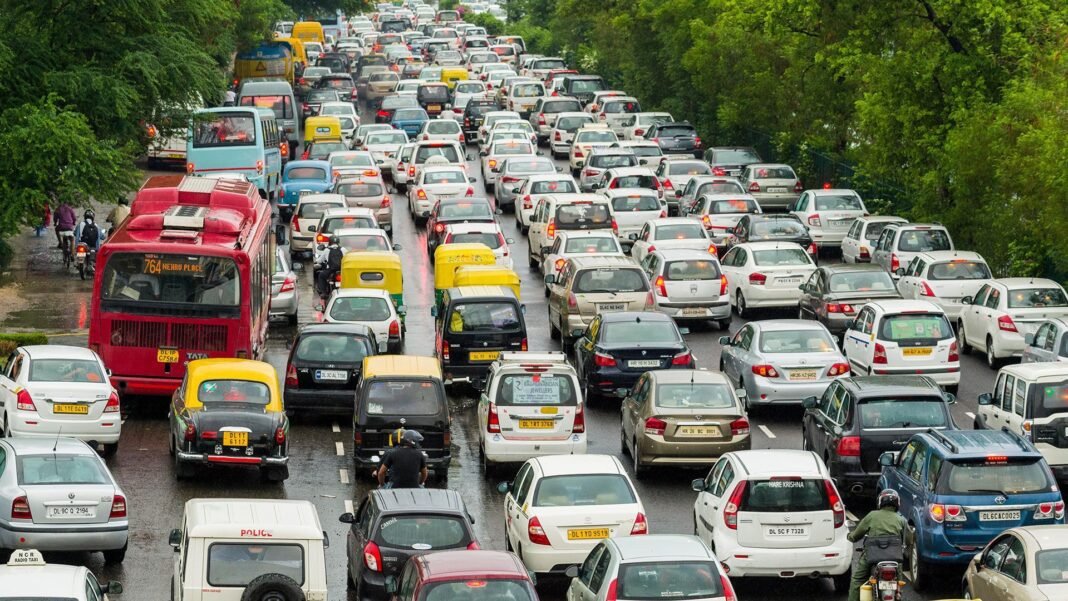The Delhi government has rolled back its recently introduced policy that banned fuel supply to old petrol and diesel vehicles. The policy, which came into effect on July 1, was withdrawn just two days later, on July 3, following widespread public discontent and technical implementation challenges.
Under the policy, vehicles older than 10 years (diesel) and 15 years (petrol) were barred from receiving fuel at any petrol station across Delhi. The government also warned that violations could lead to fines or vehicle seizures. However, implementing the policy on the ground proved more difficult than anticipated.
Delhi’s Environment Minister Manjinder Singh Sirsa addressed the issue during a press conference, stating that the policy’s execution was not feasible at this time. He cited two major reasons for its withdrawal: strong opposition from the public and significant technical issues. Sirsa emphasized, “We will clean Delhi’s air, but not at the cost of public convenience or by forcefully seizing vehicles.”
Sirsa has written to the Commission for Air Quality Management (CAQM), the central agency that had initially recommended the move. He requested that the policy be put on hold until Automatic Number Plate Recognition (ANPR) cameras are fully installed across the National Capital Region (NCR). These cameras were critical to identifying the age of vehicles by scanning license plates and accessing the central vehicle database.
However, several technical flaws emerged. Many cameras failed to capture license plates correctly due to poor placement. Loudspeaker alerts, meant to warn petrol pump staff, were unreliable. Additionally, there were very few enforcement personnel from police, transport, or municipal departments present after the first day of the ban.
Petrol pump employees expressed concerns over enforcing the rule without support, fearing backlash from customers. A petrol pump manager in Mayur Vihar showed that the ANPR camera’s placement only caught license plates after fuel had already been dispensed, rendering the system ineffective.
Air pollution expert Bhavreen Kandhari said the policy’s failure was predictable. She noted that while phasing out old polluting vehicles is necessary, the execution lacked preparation. “Many older vehicles with valid pollution control certificates may be cleaner than poorly maintained newer ones,” she added. Kandhari emphasized that reducing pollution requires a systemic shift away from private vehicle dependence, not just targeting vehicle age.
In conclusion, while the intention behind the policy was sound, inadequate infrastructure and poor planning led to its rapid withdrawal.








